Homeschool 101: Choosing Your Homeschooling Method
Okay, Mama, you made the choice to homeschool. You’re ready! You’re committed! You have no idea where to start! That’s okay. We can help you.
For now, take the kids to the library and let them grab a bunch of books. Taking a week, or two, or even a month or two to do nothing but read and explore the world around them independently is not going to ruin them or throw their education off track. If you are really worried, hand them a workbook for math or subscribe to an online learning program while you start planning out your homeschool year. But DO take a step back and give yourself time to plan. Your entire year will go more smoothly!
Start by taking a moment to think about yourself. You know that saying, “If Mama ain’t happy, nobody’s happy”? Well, that’s true with homeschooling too. Before you get started buying curriculum, you need to take a moment to think about what your goals are for homeschooling and come up with a game plan to accomplish those goals.
Do you want more time outdoors? More freedom to learn what you want? More (or less) rigorous academics? More time as a family and more focus on your beliefs? There is no one way to homeschool. There are many different philosophies on education, so before you start looking for a curriculum, it is helpful to see which philosophies line up with your personal beliefs, wants, and desires for your homeschool.
Some Common Homeschool Philosophies
Charlotte Mason and a “Living Education”
Charlotte Mason was a champion of embracing the simplicity and beauty in the world. Her ideas consist of encouraging children to spend ample time outdoors on nature walks and to play where they can learn about this planet by feeling their toes in the grass and their hands in the dirt. Her appreciation for all things beautiful applies to education as well. “School work” is done using “living books”- books that bring the topic to life through stories, images, and beautiful literature. No boring, dry textbooks are used here!
Lessons are short, purposeful, and developmentally appropriate. Attention to detail and quality of work is paramount. Children are expected to do narrations, copy work, and take dictation in their best penmanship. Children are taught to think and reflect and keep journals. Working on “handicrafts” is also important. Skills like sewing, cooking, knitting, woodworking, building models, and making other useful items is taught at a young age. “Twaddle” (books and experiences containing no inherent value or beauty- think Captain Underpants books) is avoided.
You can learn more about Charlotte Mason Education and learn how to start using her philosophy in your homeschool by reading A Charlotte Mason Companion: Personal Reflections on the Gentle Art of Learning. Then, if you feel like Charlotte Mason education is for you, you may want to go to Simply Charlotte Mason to learn more.
Classical Education
The classical method of homeschooling basically goes back to the “old way” of doing things. And by old, I mean old. In Roman times, education was based on the trivium. The trivium is basically the idea that knowledge is acquired in steps based on the readiness of the child.
Grammar Stage
The first step, the grammar stage, is based on learning the “what.” When children are very young, they are like little sponges. They memorize things easily, and they quickly soak up facts and details. The goal of the parent is to help the children ask questions and seek out knowledge as well as absorb the facts that have been given to them. This is the time to teach them the little pieces that make up the framework of a solid education. This stage includes a lot of memorization.
Logic Stage
The next step is the logic stage. In this stage, children begin to think critically. At this point in their development and education, they begin learning the “why.” They start to connect the dots between things they learned previously and see the patterns of cause and effect. As the children mature, they are able to make connections and form an understanding of relationships, both personally and in their studies.
Rhetoric Stage
The last step is the rhetoric stage. In this stage the students are ready to not only look at something critically, but they are able for form a conclusion and express it eloquently, convincingly, and originally. At this point, they are able to judge the material in front of them and really understand motives. They are able to have deep, philosophical conversations about the world.
The classical model is based in language and is reliant on children learning to understand language and express themselves well. It acknowledges that all the subjects are interrelated and allows for “rabbit trails.” (A rabbit trail happens when a child finds something he/she is particularly interested in and follows the “trail” by diving deeper into learning about that subject.) This educational philosophy acknowledges the importance of philosophy, logic, critical thinking, and history.
You can learn more about classical education by reading The Well Trained Mind by Susan Wise Bauer .
Delight Directed and/or Unschooling
Unschooling families believe in embracing the child’s natural curiosity and thirst for knowledge. They don’t rely on a curriculum to teach; instead they look for teaching moments in real life. Unschoolers provide a supportive environment for their children to learn and allow them to “teach themselves” through experience and practical situations. For example, a child can learn math by cooking, selling lemonade, and counting objects around the house. Science can be learned by observing nature or taking apart found items. History can be learned through travel. Children can learn about anything they want, and they have a freedom to explore their interests. Parents do not stop teaching their children. They still help them find educational moments, but this is done by following the child’s natural fascination with the world.
Delight directed homeschooling is a little different than unschooling. Delight directed homeschoolers also follow the child’s natural curiosity, but rather than relying on mostly organic learning experiences, they will also bring in more traditional educational methods and use curriculum to help explore topics more deeply. Both unschooling and delight directed homeschooling allow for deep exploration of topics. They also allow each child to learn and develop at his/her own pace and allow large amounts of freedom to really experience the world around them.
You can read more by reading the Unschooling Handbook or this ebook, Delight Directed Learning.
Montessori Homeschooling
The Montessori Method was founded by Maria Montessori, MD. She recommends children learn through “purposeful work.” This method strives to prepare children for the real world by teaching them real-world skills. Materials are carefully chosen to allow the child to learn through work. In a Montessori homeschool, many of these real-world skills are taught by example, allowing the child to see the skills and mimic them. Children are not forced to work or learn a skill, but they are allowed to choose to do so because of the parent’s example. Montessori homeschools value teaching independence and responsibility.
This is a good choice for parents of young children because you can start teaching with the Montessori Method as early as 2 or 3 when children are naturally interested in mimicking their parents.
You can read more about the Montessori Method from Maria Montessori’s works.
Traditional Learning and Textbook Based Education
Some families choose to follow a more traditional model of education. Some follow the standards or scope and sequence of their local schools. Others choose a textbook- or workbook-based homeschool curriculum and follow the scope and sequence of that curriculum. Traditional and textbook-based curriculums sometimes have a bad reputation among homeschoolers who prefer to be more flexible and to tweak resources to fit their own families’ needs. If you have a child who enjoys textbooks and workbooks, though, then use them! You can easily incorporate some elements of other homeschooling methods as they fit your needs. (For example, it’s easy to incorporate living books or an occasional unit study or lots of hands-on activities into your curriculum.) There are many textbooks and workbooks that allow this kind of learning at home.
Unit Study Based Education
Unit studies are based on the idea that subjects such as language arts, math, history, and science are not separate subjects to be taught independently of each other, but rather they are intertwined in the real world. Most unit studies cover a particular topic and weave all subjects into the study of that topic. For example, a unit study on electricity could cover the science of electricity, the history of the discovery of electricity, and the ways electricity has been used over the years. The student may read literature about electricity or about Ben Franklin who discovered it. The student may do creative writing about electricity or may write a paper on Ben Franklin or another related topic. Math calculations might have to do with the science being studied. (Although sometimes math is taught as a separate subject since it can be hard to incorporate math into unit studies in a well-rounded way.)
This method works well for children who like to follow “rabbit trails” and learn deeply about subjects. It allows them to learn the basics and dig more deeply into specific aspects of the topic of the unit study. There are many unit studies available on many topics, or you can come up with your own!
Families who use unit studies as the base of their homeschool pick a topic of study and use it as the basis of all other learning. This method works well for children who like to “follow rabbit trails” and learn deeply about subjects. For example, a family doing a unit study on electricity could study the science of electricity, the history of the discovery of electricity, write a paper on Ben Franklin who discovered electricity, and do calculations in math related to the science. Everything is interrelated.
To read more about Unit Studies, check out this guest post about unit studies.
Waldorf Education
Waldorf Education is based on the works of Rudolf Steiner. Teaching is based on an understanding of child development and is specially planned to work with the “whole hearted child.” Waldorf Educators work with the whole child, their minds, their hearts, and their hands. This method focuses on the rhythm of the world and of seasons as well as maintaining a rhythm for the child’s day. Educational concepts are taught through images, movement, and stories rather than through traditional textbooks in order to help children learn enthusiastically. Creativity is celebrated. Electronic media such as TV and video games are limited and children are encouraged to be creative and imaginative. Children tell stories, learn myths and fables, and enjoy art and music all while maintaining their sense of childhood wonder.
Eclectic Homeschooling
Many homeschoolers see that the different homeschooling methods all have different strengths, so they have trouble choosing which one to use! Luckily, one of the biggest perks of homeschooling is the freedom to do what works for you. You can pick and choose from the different methods and curriculum providers to put together a program that is uniquely YOU and the perfect fit for your family.
What About Public School at Home?
Public-school-at-home is not what we consider a true homeschool program, but it can be useful for parents who want to educate their children at home without having the full responsibility of choosing curriculum, teaching, etc. If you’d like more information about the differences between homeschooling and public-school-at-home, you can read the article Public-School-at-Home Is Not Homeschooling on our sister site, Hip Homeschool Moms.
Some public-school-at-home options may be offered by public schools in your local area, or you may look for options that are available nationally. In many cases, the classes are taught online. They may be self-paced classes in which the child watches classes and does school work on his/her own, or they may be classes that meet at a certain time so that the child needs to be online to attend the classes on certain days and at certain times. Most public-school-at-home options offer little if any flexibility and adaptability. The student must attend classes, get work done, take tests, etc. on whatever day and at whatever time they are required.
Of all of the options I’ve shared, public-school-at-home is my least favorite simply because I love that homeschooling is adaptable and flexible. Homeschooling allows us to take time off when the weather is great or when we feel burned out and need a day off. It allows us to make learning more fun and less stressful. Public-school-at-home takes away most of that flexibility and adaptability and makes “doing school” much more of a burden and much less fun. I do understand that this may be necessary for some families, but I also feel like those families need to know that homeschooling is different. It’s worth the extra time and effort if you can possibly do it!
~~~~~~~~~~~~~~~~~~~~~~~~~~~
I know this is a lot of information. You don’t need to pick a philosophy today. Hopefully, one of them spoke to you so you can start deciding on goals for your children as you homeschool them. Finding what works for you may take a little time, and you may have to re-think your plan a little before your first year is up. It’s okay to start slow. It’s okay to take a little time to research and “find yourself” as a teacher before you jump in and start gathering materials. And it’s ok to change curriculum, philosophies, and schedules as you learn what works for your family.

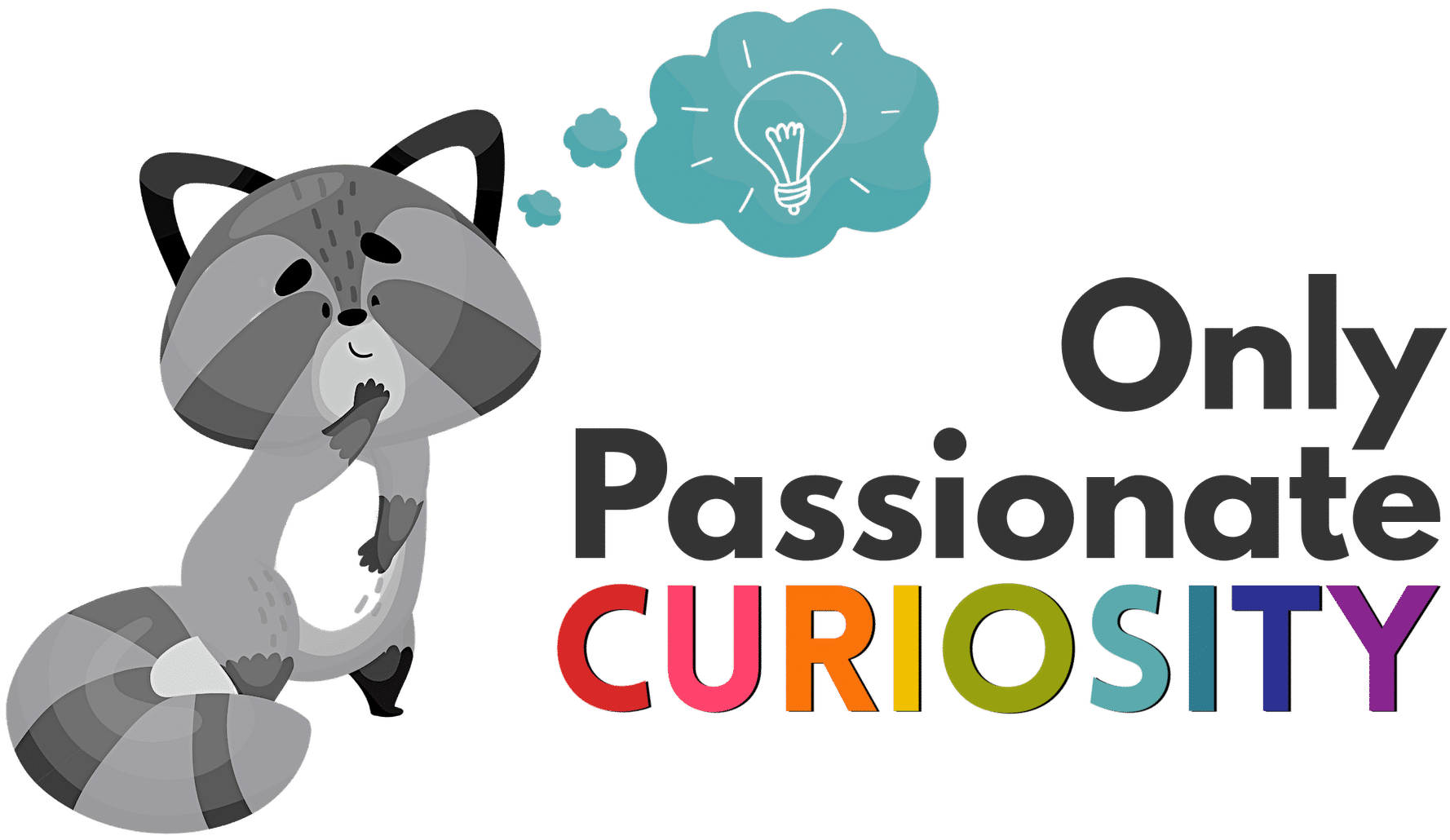

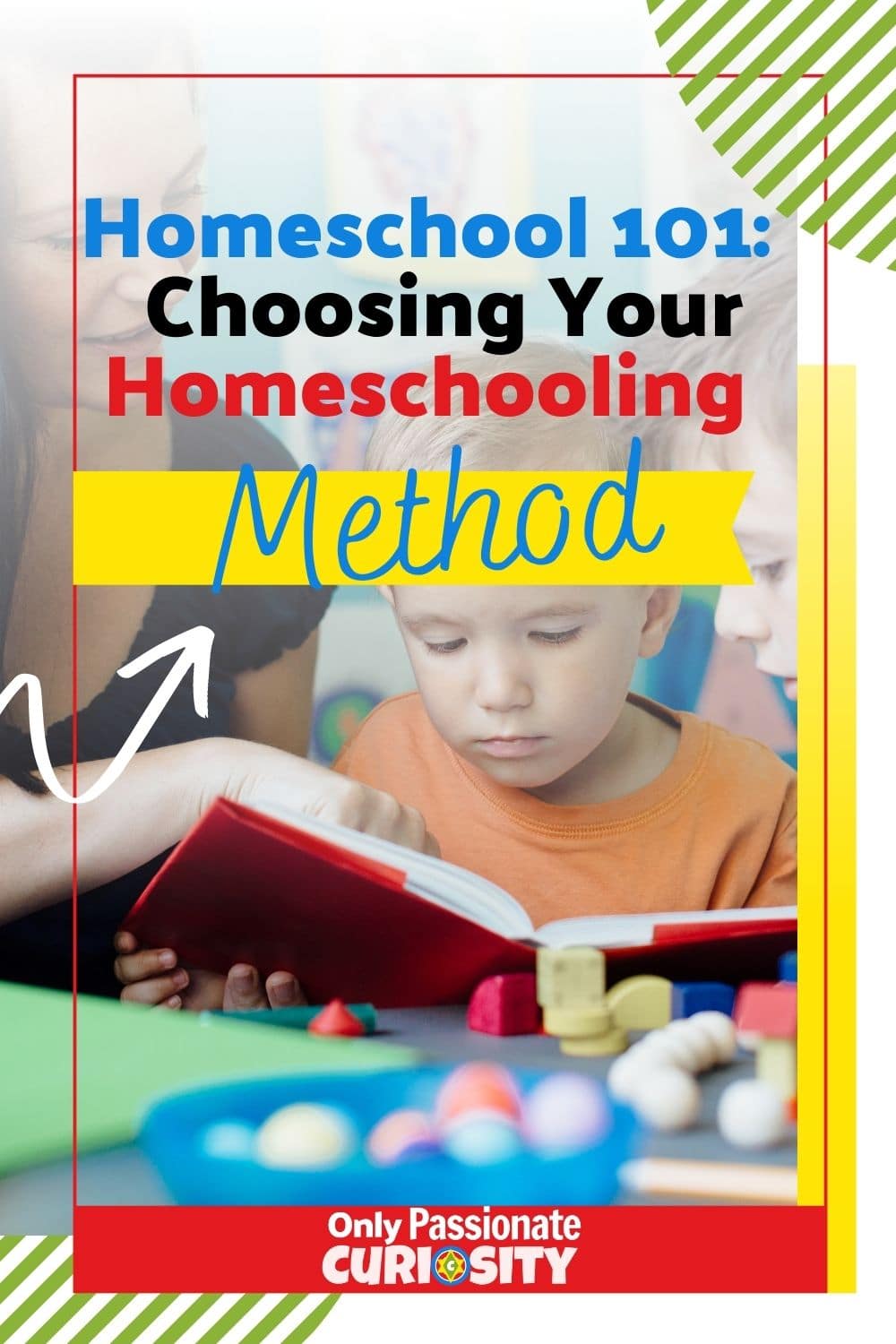
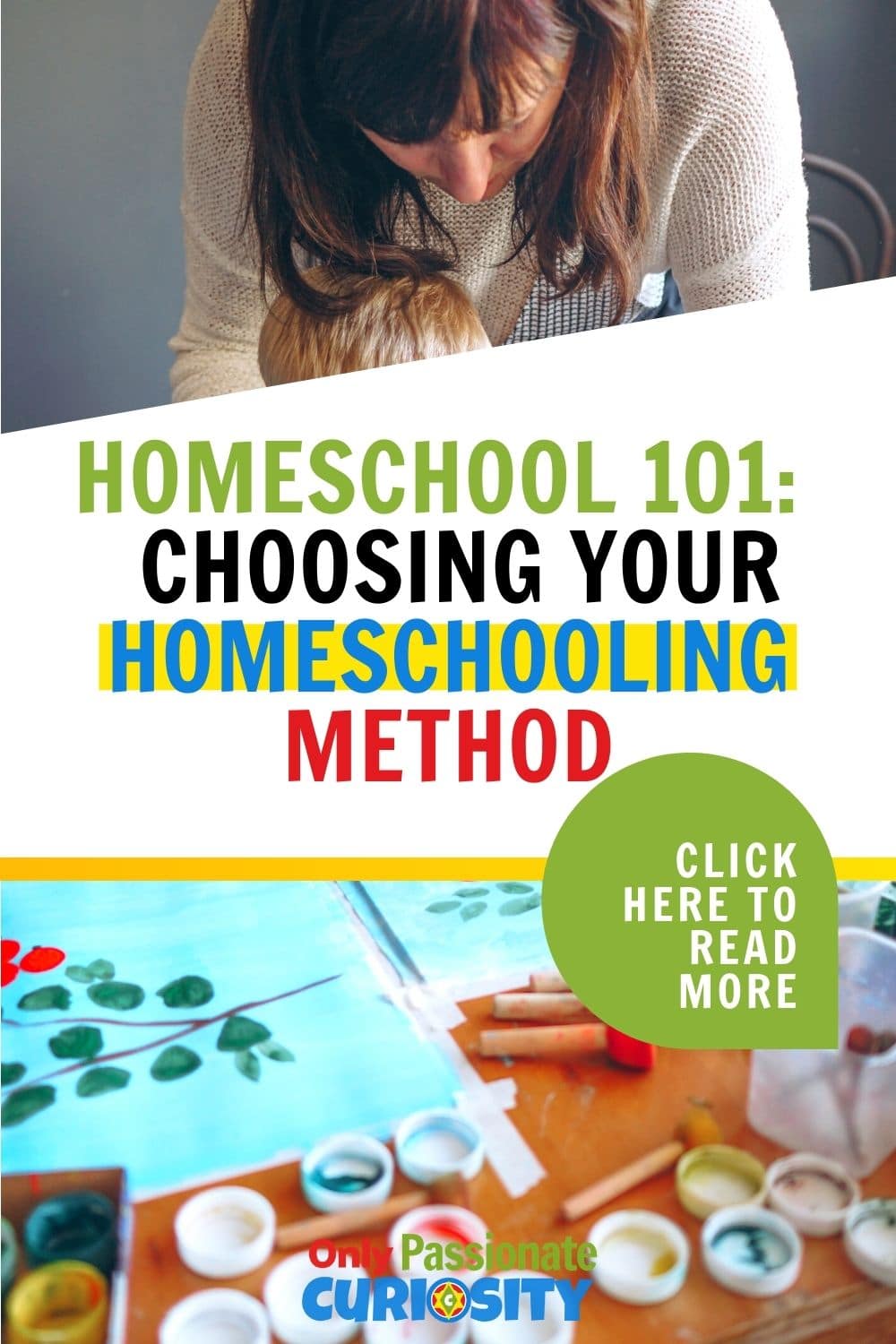
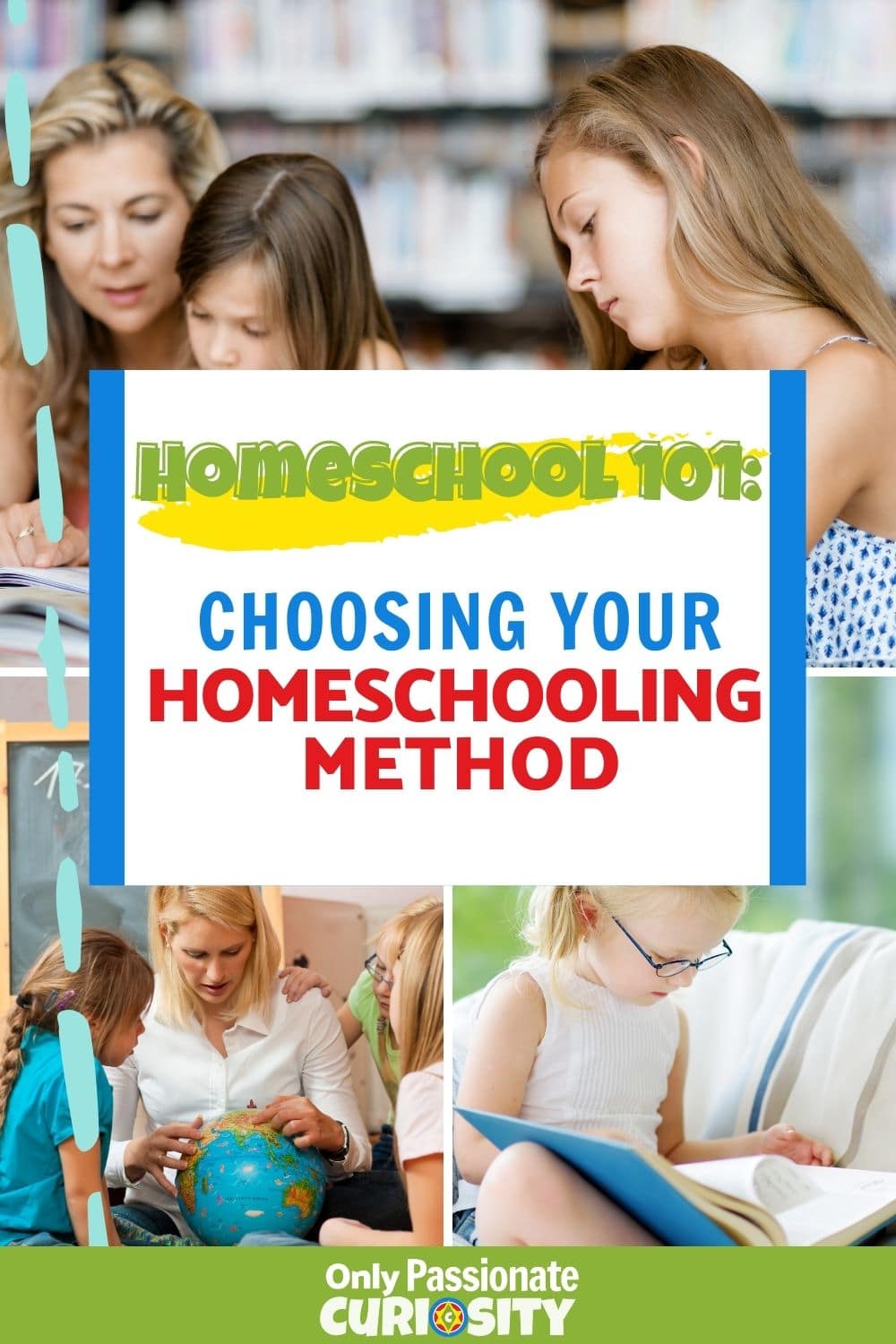
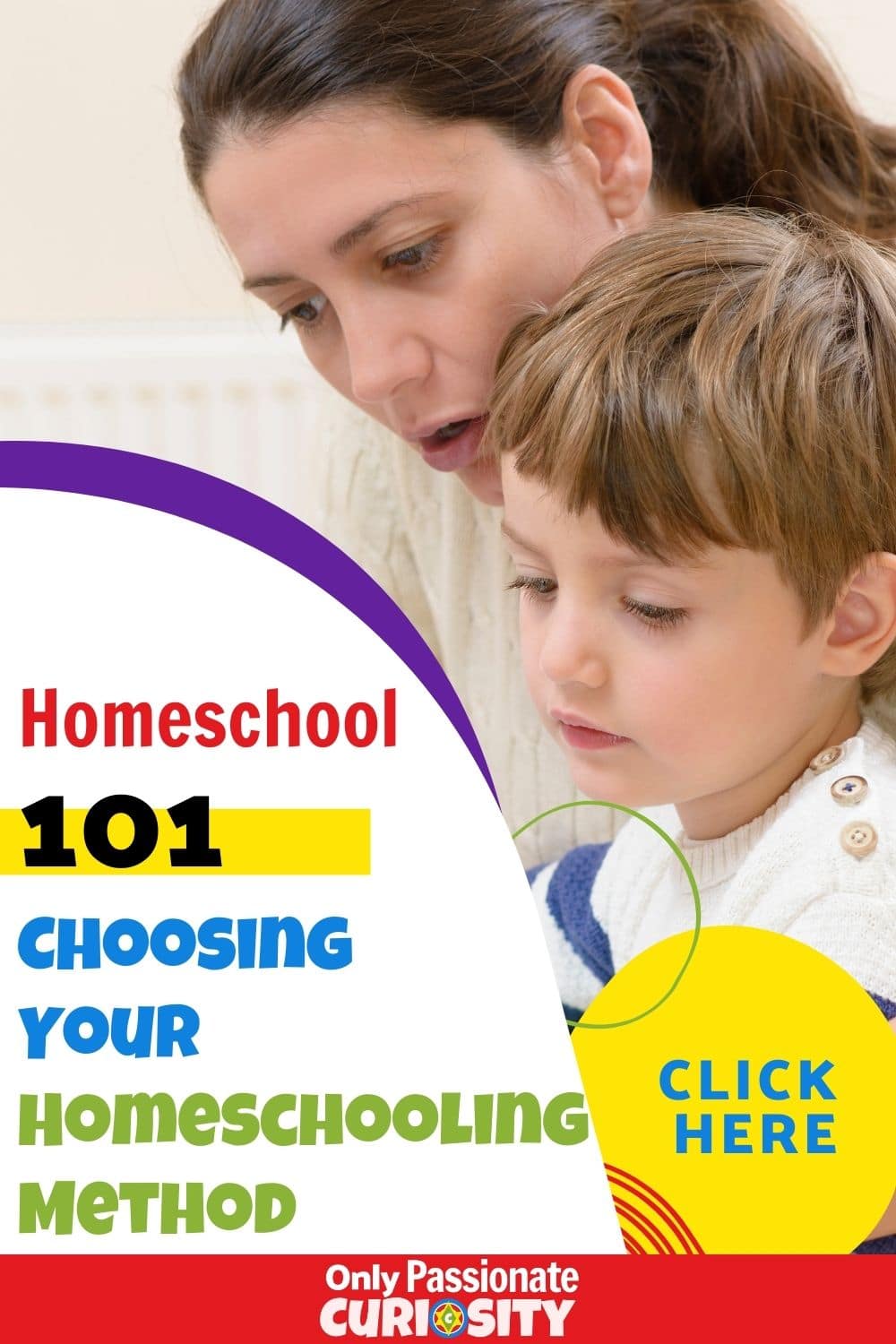
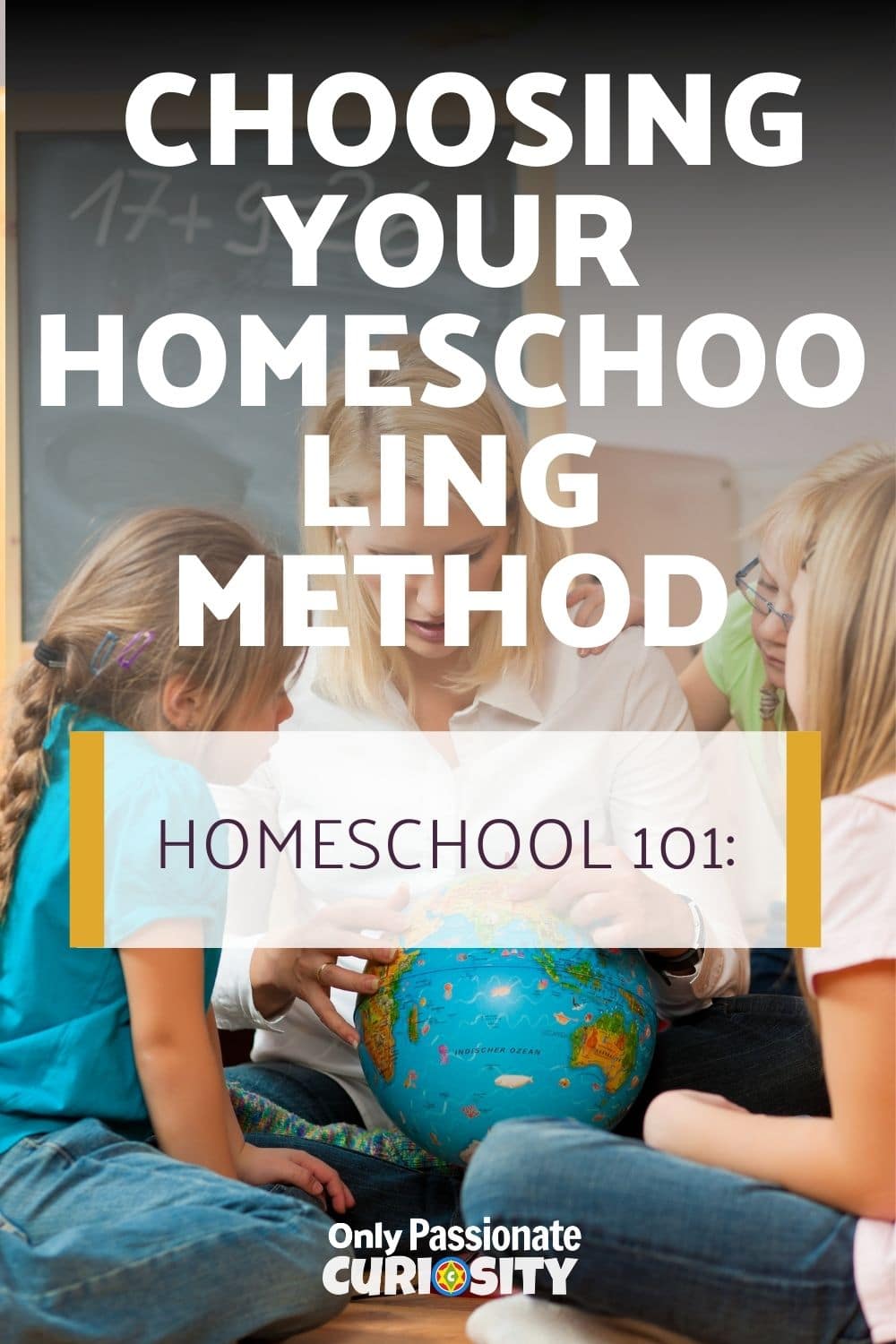
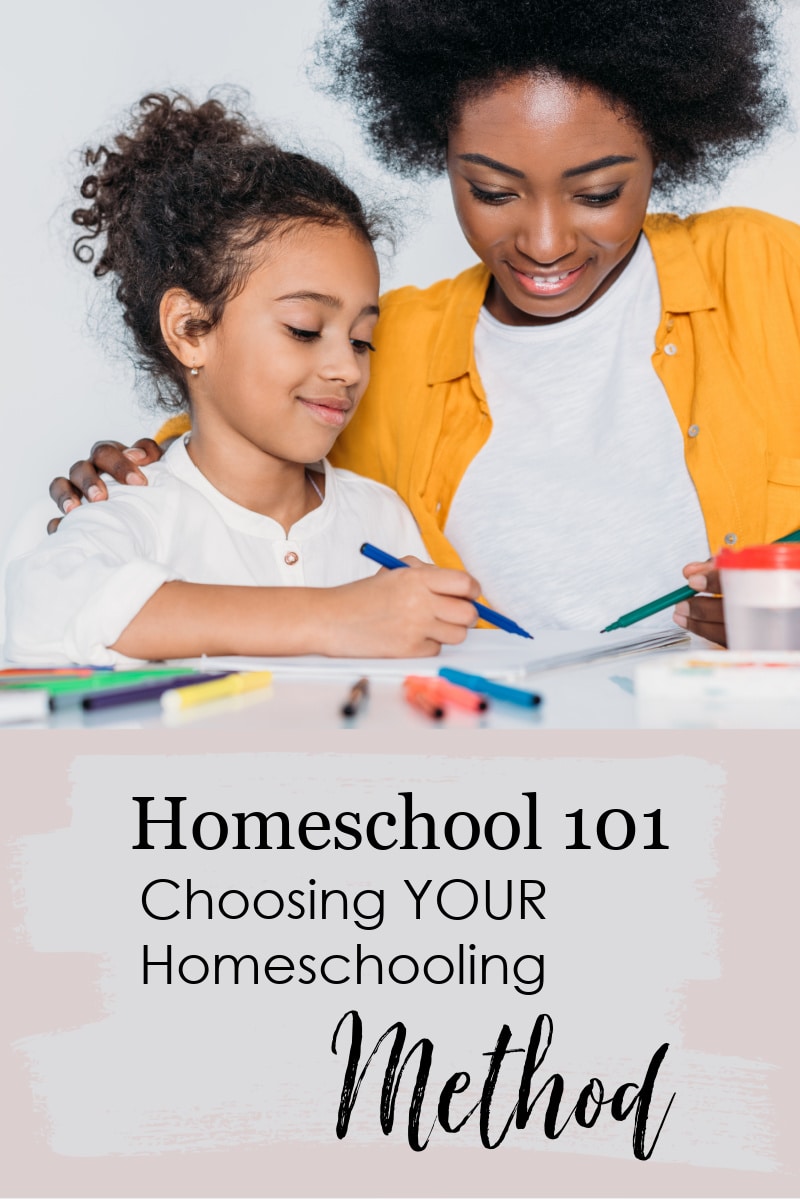
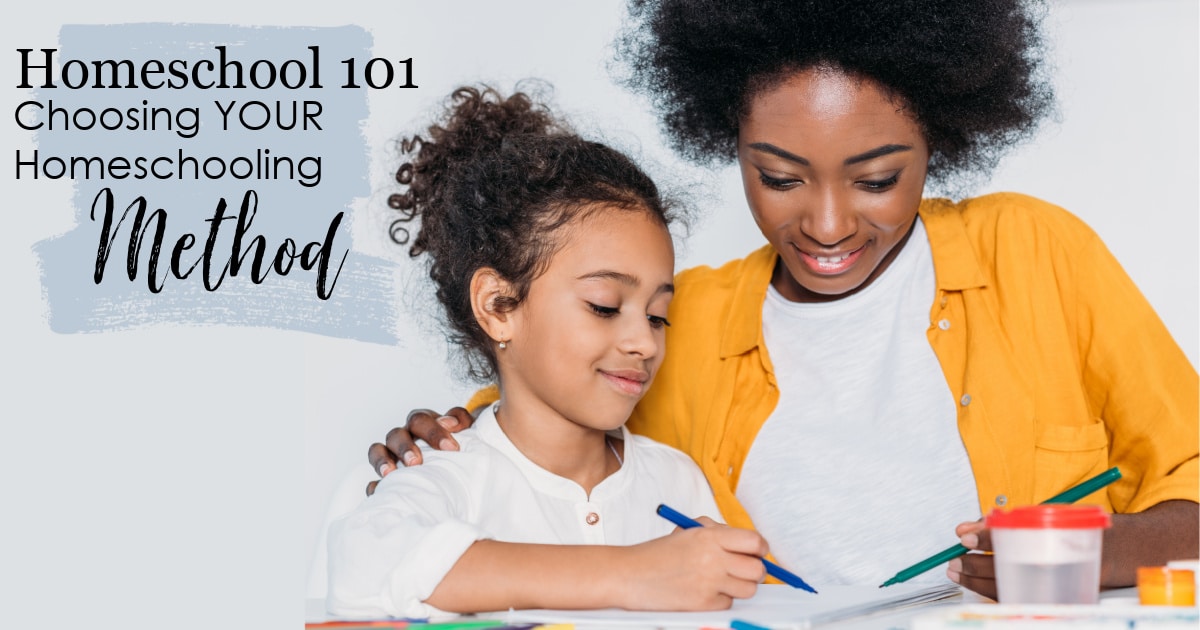



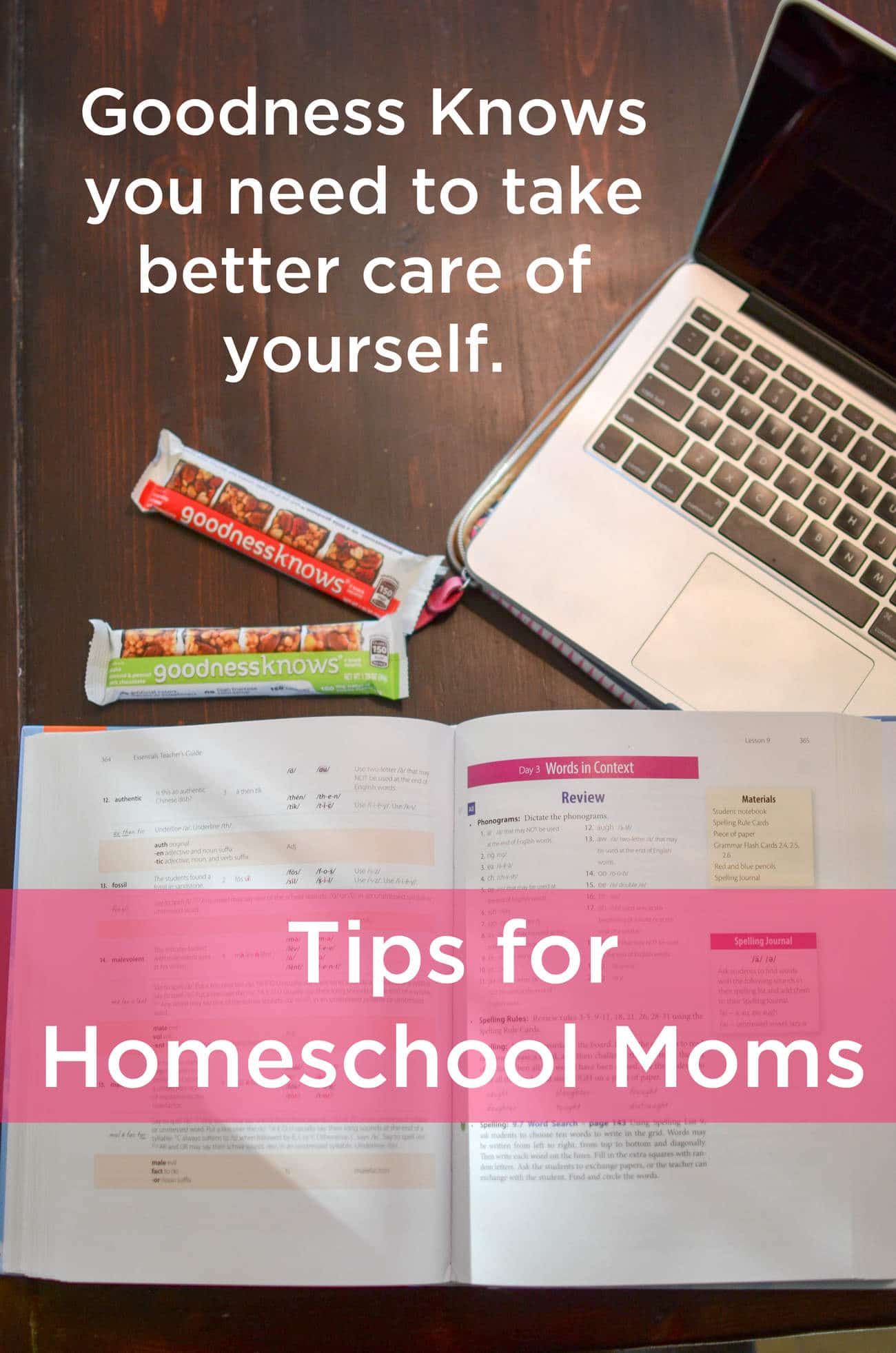
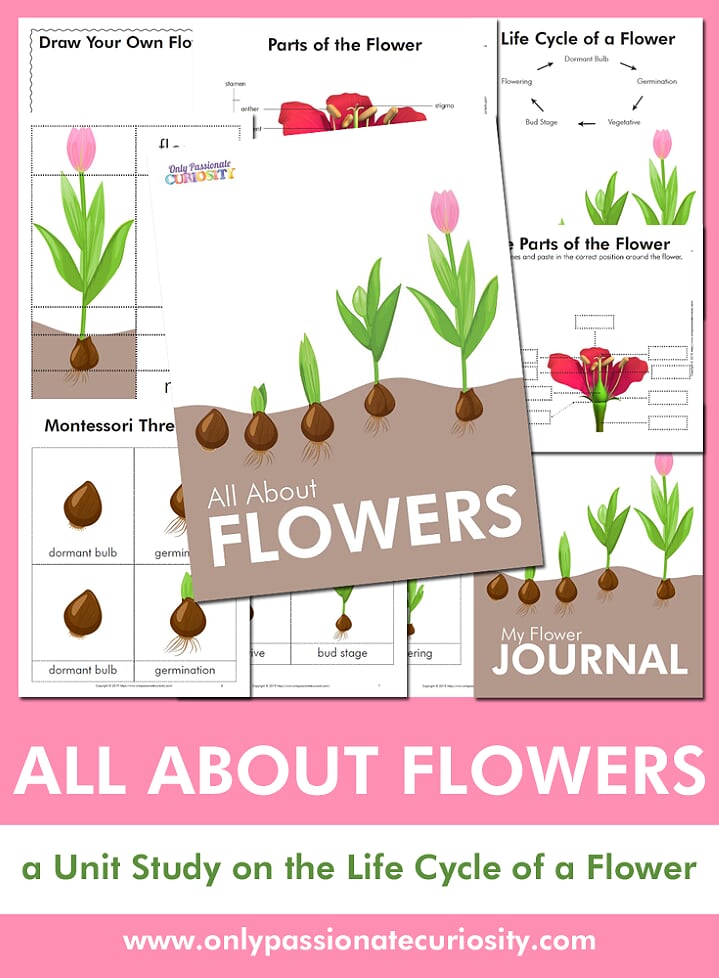
Homeschooling is by no means an easy route to take. We’ve been at it since 1997. It is however worth the struggle. Apart from quality bonding with your children, if done right, learning is more real and authentic since you control the environment. They don’t only learn the school lessons, they also learn the important life lessons such as: discipline, organization, responsibility, time management, respect, etc. These skills are critical in daily living. It’s basically an early introduction to life as an adult.
Love your post and how detailed it is. Thank you very much for sharing.
I have been homeschooling for five years now. I started just with my son for two, then pulled my daughter from public school to homeschool her along with my son. and now my first three are all being homeschooled. I say this to vent about feeling like I skip around with all the above methods and still feel like I am not doing anything right! I really love this sight, sometimes reading all of this information and ideas just makes my head want to explode, knowing now all of these wonderful ways. I feel like a failing homeschooling mom. Any advice?
Joelle, I am so sorry you feel that way…. and I want to start this reply by saying I feel EXACTLY the same some days (and, um, sometimes, for whole seasons). I think it’s a natural thing for us as mothers to feel like we aren’t doing enough- but the truth is, each one of these “ways” of teaching is described in its perfect form. I LOVE the idea of classical homeschooling, but I don’t know if I could ever pull it off 100 percent. If you’re like me (and it sounds like you are) and try and take some things from each different way to homeschool, it can feel even more impossible.
The simple truth is there is NO WAY you could do everything that is “recommended”… you just have to find what works for you and yours. Every homeschool is different, every family is different, and as long as you are doing your best, and the kids are learning and growing, I would call you a success.
It sounds like you maybe need to just take a step back, look at what you’ve been doing for the last five years, and make a list of what WORKS. And then consider what isn’t working- and ditch it.
For me personally, as much as I WANT to read my kids the classics, I hate reading aloud. I spent a good amount of time feeling like I sucked because I wasn’t reading aloud enough, and trying hard to fit more read aloud time in…. but in the end, I realized I just need to get those darn classic novels in audio book form, and enjoy them with the kids together. I can still model a love for reading by reading to myself, I can still do a picture book with the little ones, but did I fail by outsourcing the novel read alouds? Naw…. I made the call to let myself off the hook.
Let yourself off the hook. Really. The kids are learning so much more than you are probably giving yourself credit for.
Big, Big hugs to you- and thanks for the comment!
Thank you for you replay. Today when we went to church, the whole service was about trusting in God’s ability and not your own. Taking leaps of faith and knowing we are capable in Him. When we do our best to do what He is asking us to do, He covers the rest……it was everything I needed to hear!
I think I just need to hear it more often than I do. I want you to know that your words are very inspiring, thank you,
just getting started and so many well intintioned friends have given me websites, support groups, where to find curriculium and many other helpful hints. I so appreciate this site and all that was shared has set me at ease and now I know my next step is to set a goal and plan for my three childrens education at home with me. It was encouraging to know that I did a good thing bringing them to the local Library to get books and get reading while I figure out our next step on this journey. Thank you so much. I will keep this site information.
Taking your time is always a good choice! I hope you have a pleasant transition to home, and your kids enjoy their time reading as you plan the next step. Best of luck, I hope you love homeschooling as much as I do!
Thank you for putting all of this information in one place! We are just beginning our home school journey and this had eased my mind quite a bit.
You’re welcome! I hope you have a wonderful year! 🙂
There is such a broad variety of homeschooling methods it makes it hard to just pick one.
Nice summary! I’m in the eclectic category too.
Hello! Going to share this as well on my fb too. I would love to have you guest post a topic on home schooling if you would be interested, please let me know! : )
Great list – I am going to share it on FB.